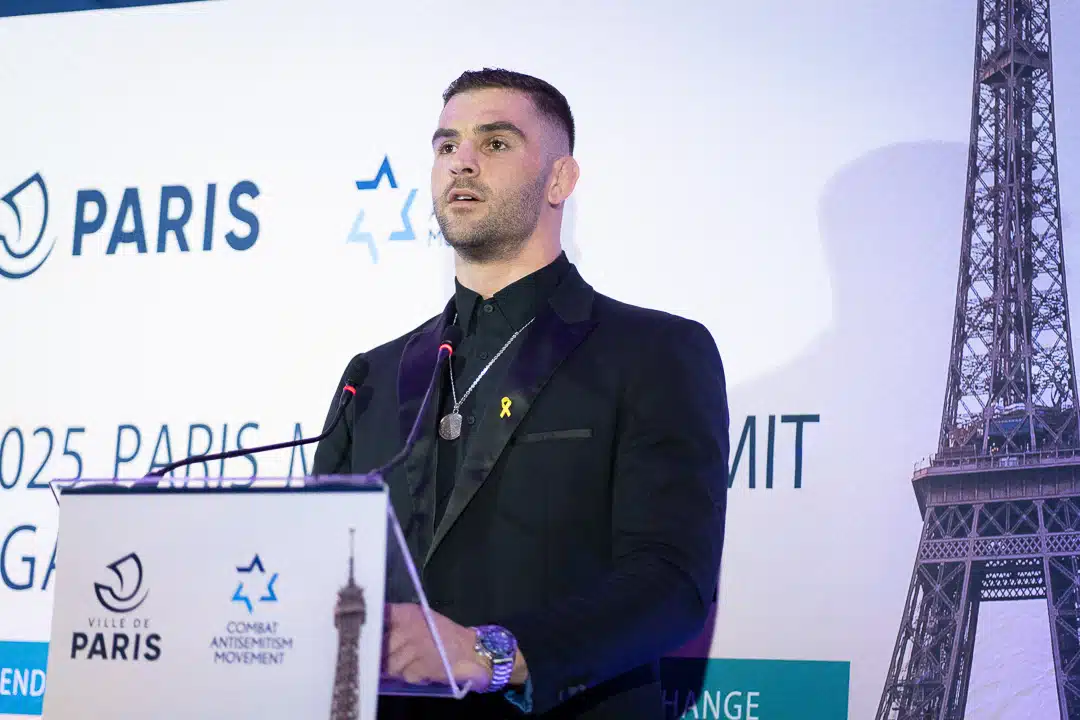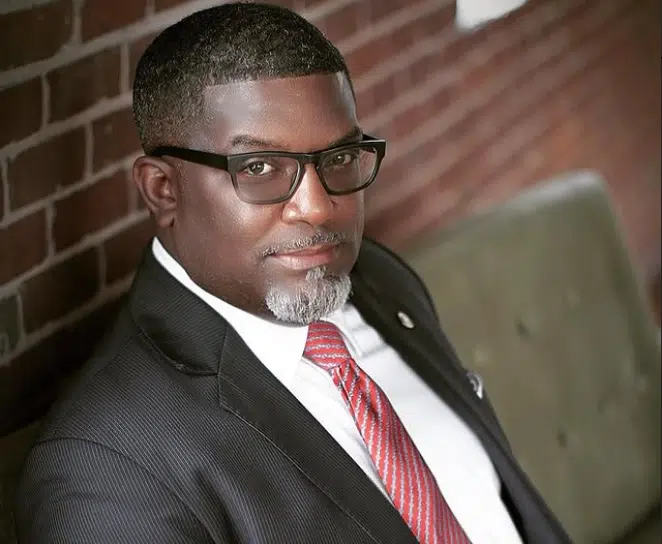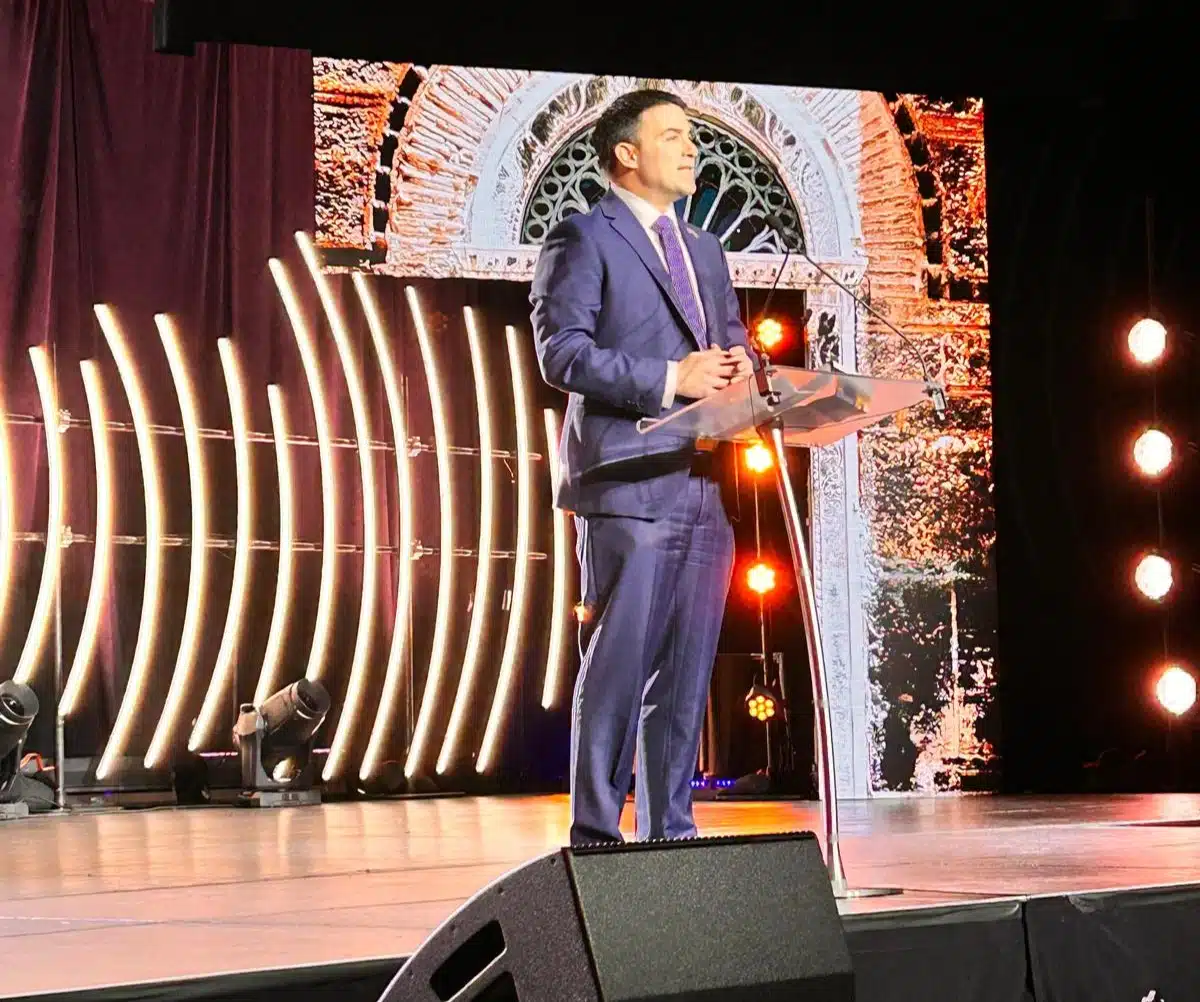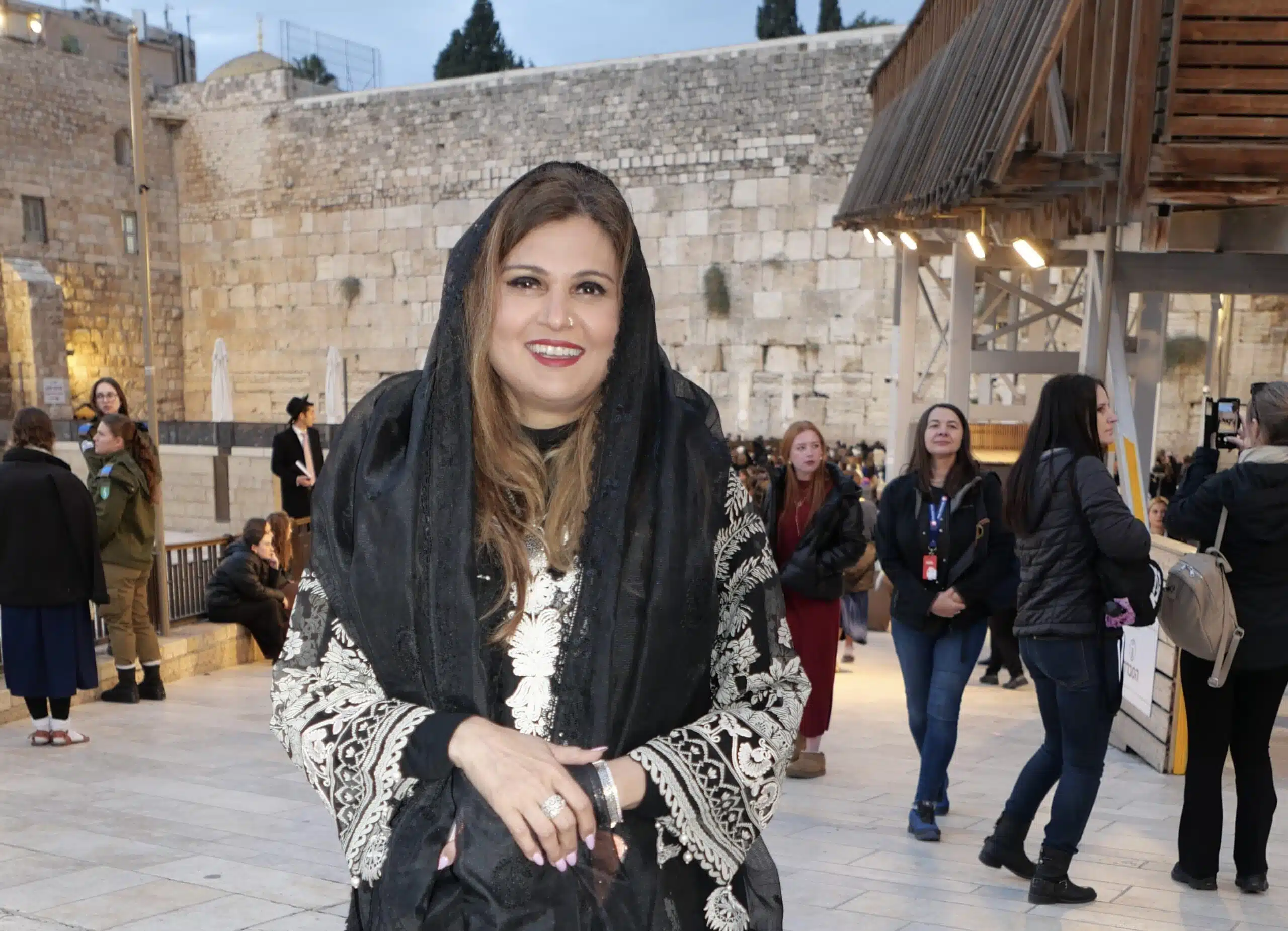
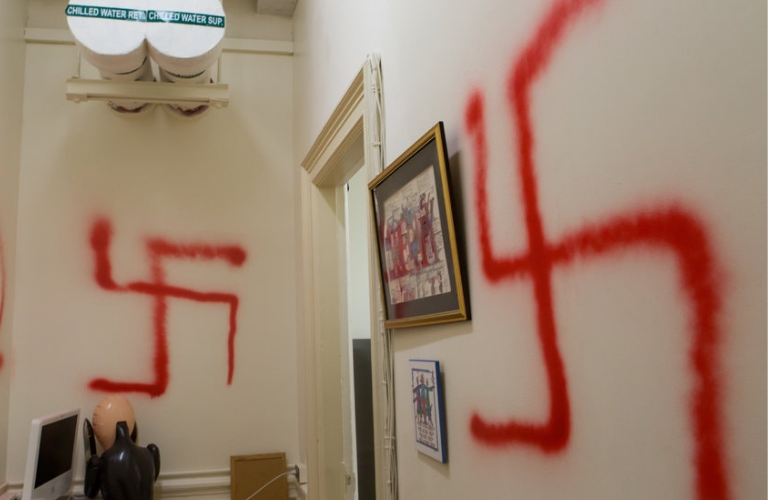
Alums for Campus Fairness Study Raises Alarm Bells About Rising Antisemitism Targeting Jewish Students
A recently-released Alums for Campus Fairness poll has raised alarm bells about the pervasiveness of antisemitism at colleges and universities across the United States.
An overwhelming 95 percent of the students and recent graduates surveyed said antisemitism was a problem on their campuses, and nearly eight in ten had either experienced or heard firsthand about a fellow student making offensive or threatening antisemitic comments in person.
Some 69% of respondents noted they had avoided certain places, events, or situations at school because they were Jewish, and 62% said they were the target of an antisemitic incident they had not reported.
The Combat Antisemitism Movement (CAM) spoke with Alums for Campus Fairness Executive Director Avi D. Gordon about the study’s findings and his organization’s efforts to fight Jew-hatred.
What was the goal of this report?
I think, for us, throughout the years we’ve heard anecdotally from students about what’s been going on with antisemitism on campuses, and as alumni we want to counter what is going on. It was important for us, instead of hearing things anecdotally, to actually get data and put things together, pen to paper, to really understand what current students are feeling and what recent graduates faced. We wanted to quantify it and organize in a comprehensive data set.
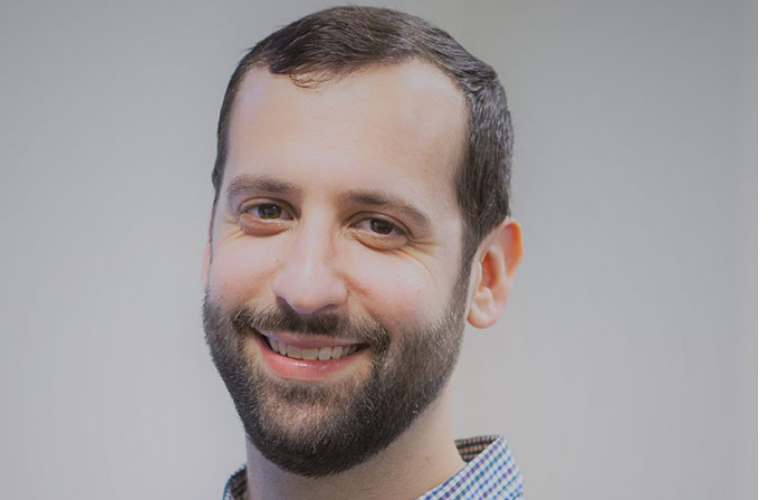
Which finding stood out to you the most?
I think the most significant thing is that a huge majority believe that antisemitism is an issue on their campuses or alma maters, and that people are hiding who they are — not wearing a kippah, or wearing an IDF shirt — because of fear of social retribution or what not. So I think for us, seeing that antisemitism is prevalent in a lot more ways than we ever thought it was is definitely incredibly eye opening.
What I think was also interesting was that in our survey we asked questions and then at the very end we said, ‘Is there anything you want to share?’ — in an open-ended manner. And what was interesting was that 20 percent of our respondents decided to voluntarily put an anecdote in. And for me that was interesting because it shows how many people have this personal, upsetting, experience with antisemitism. We were not expecting that many responses.
For me, [the poll] kind of affirmed my instincts and thoughts based on our experiences, and it really confirmed that, wow, antisemitism has become more prevalent, even for those who aren’t as involved on campuses as other students with whom we’ve worked.
How have people reacted to the study?
The response to our survey has been tremendous. We’ve been covered in the media really across the board, because I think the findings are so shocking.
I think people are shocked by the reality faced by the average student on the ground and are outraged about what’s happening.
What do you want schools to do to address antisemitism?
We actually sent an email to 3,000 university presidents, provosts, and other officials to share our findings with them and hopefully spark a dialogue.
We’ve heard back from many universities and are actively having conversations with them now, because I think for them it’s also frankly an embarrassment that this is happening at their schools and they’re letting it happen under their watch.
We want them, first of all, to recognize this is an issue, and recognize that these students need to be heard. We want them to cooperate with the affected parties to create better rules and parameters for specific policies on antisemitism. And we obviously want them, and I’ve been pushing this for a long time, to adopt the International Holocaust Remembrance Alliance (IHRA) working definition of antisemitism.
They must educate, and take time to evaluate what’s going on. They should incorporate antisemitism into diversity and bias training, because a lot them have diversity officers that don’t really do much in regards to antisemitism.
So I think it’s a lot of these different actions we want to have happen. We want everyone to be heard and cooperated with. We want rules, we want definitions, those kind of things.
What can students and alumni do to combat campus antisemitism?
Students, we want them to report anything that’s happening on campuses immediately to administrations so there is a record of it, and to share it with organizations like Alums for Campus Fairness.
Alumni, we want them to have their ears on the ground at their alma maters to hear what is going on and to share what is going on. And on top of that, to join us, so when something does happen, we can join together as a unified voice, ensure accountability, and get hundreds, if not thousands, of people, to share their concerns with whatever school it might be.
What’s next for Alums for Campus Fairness after this study?
We’re strategizing with our leadership what we anticipate will be a very tough semester, and year, ahead for students. And we’re working to grow our base, grow our alumni network, and establish many more chapters. We’re 45 chapters today, but we’d love to be at well over 50 by the end of the semester. So for us, our goal is to make people more aware about who we are.
Introduce Alums for Campus Fairness to those who are not familiar with the organization.
Alums for Campus Fairness has been around since 2015. We’re the unified alumni voice to counter antisemitism and anti-Israel rhetoric on campuses. We do that by bringing alumni together under one roof to help counter what’s going on at their alma maters.
We’re able to share with alumni what students are thinking and feeling and how they can be helpful. For us, we think universities should be a marketplace of ideas, and when students feel threatened into one-sided conversations, that’s where alumni must have a seat at the table and intervene.
The full Alums for Campus Fairness study can be read here.
A video on the study can be viewed below:
For more information about Alums for Campus Fairness, visit: campusfairness.org

